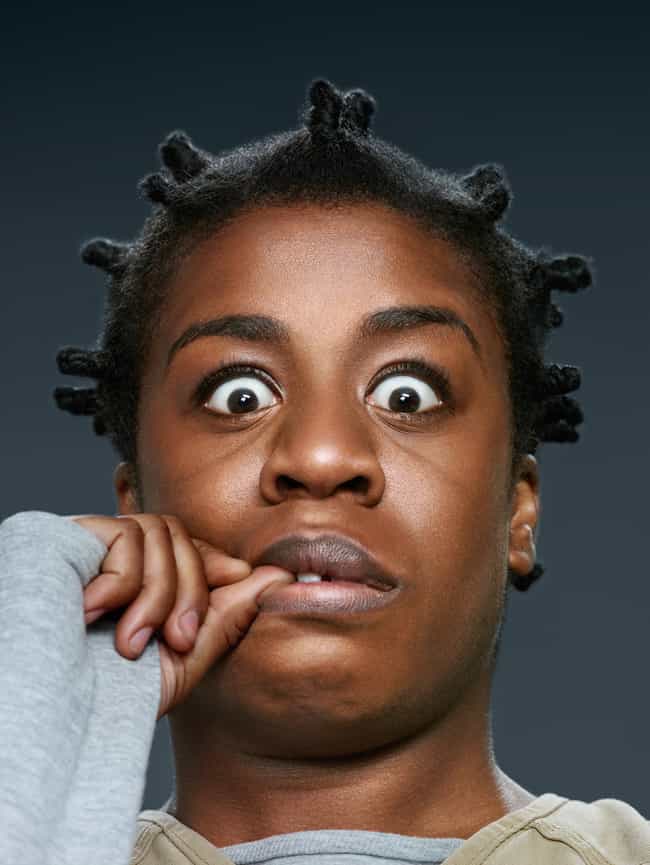Something's got a hold on me
I can't let it go
Out of fear I won't be free
-J. Cole
I was very impressed
with the recent album release from artist/rapper J. Cole. That something he is
speaking of, that something holding him, that something he can’t let go of, is
trauma. Rarely discussed among African
Americans is the topic of mental health and even less scarce is a conversation
on the impact of Adverse Childhood Experiences (ACES). The ACES Study[1] was published over 20 years ago, a landmark
study, with findings indicating a connection between 10 childhood experiences
and many of the leading causes of death in adults. These 10 adverse childhood
experiences include physical, emotion, or sexual abuse, having a parent in
jail, having parents who are separated or divorced, living with a parent or
household member who has a mental health or substance use disorder, emotion,
and physical neglect. The study found the higher your ACE score, the greater
risk you have for developing or experiencing a number of diseases, disorders,
and consequences such as alcoholism, unintended pregnancies, liver disease,
heart health related diseased, poor academic performance, and pulmonary
disease. Your ACE score is calculated by counting the number of adverse
experiences occurring during childhood. Cole breaches the topic of adverse
childhood experiences by sharing his own experience. If you listen closely to
the lyrics in J. Cole’s “Once an Addict,” he shares:
Step-daddy just had a daughter with
another woman
Cole discusses here,
his biological parents were separated and then his step-father and mother
separated due to infidelity. Cole goes on to illustrate:
Growin' up I used to always see her up
Late as shit, cigarette smoke and greatest hits from
Marvin Gaye
She kill a whole bottle of some cheap chardonnay
In reflecting on his
childhood, Cole has the realization that his mother struggled with alcoholism
or at the very least her drinking was
problematic. He continues reflecting on his childhood experience:
Mama cursing me out
Depression's such a villainous state
Lastly, Cole shares
knowing his mother was depressed and enduring the consequences of that
depression, verbal abuse. By my count, J. Cole has an ACE score of at least
four. Now I am by no means diagnosing Cole, a true diagnosis can only be done
through a thorough assessment. However, by his own account, these childhood
experiences impact him as he shares:
Too young to deal with pain
I'd rather run the streets than see her kill herself
If you’re reading this
and attempting to rationalize out the realization you too may have experienced
adverse childhood experiences, the prevalence of ACES is fairly high with 63.9%
of study participants having experienced at least one ACE. The study was
limited by its diversity in that only 4.5% of the study participants were
African American. If having a parent in jail or prison counts as one ACE and
coupled with what is known about the disproportionate number of African
American males who are incarcerated, the impact of ACES among African Americans
should be a hot topic. If a study such as this was conducted with larger
samples of African Americans, what might we find? What has a hold of us? What
can we not let go of? How will these experiences manifest themselves in our
lives and overall health?
[1] Felitti, Vincent J et al. “Relationship of
Childhood Abuse and Household Dysfunction to Many of the Leading Causes of
Death in Adults.” American Journal of Preventive Medicine, Volume 14, Issue 4 ,
245 - 258.

